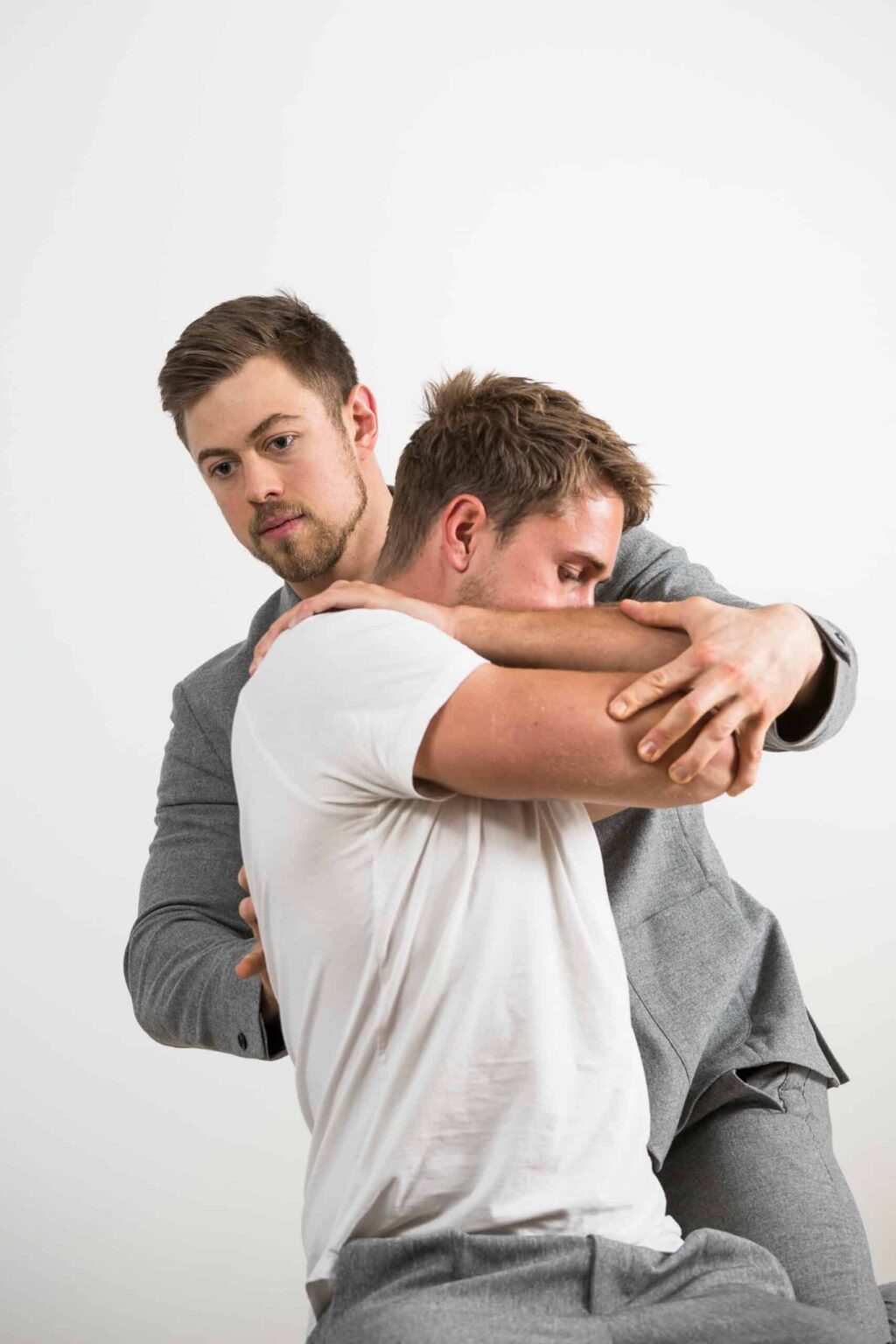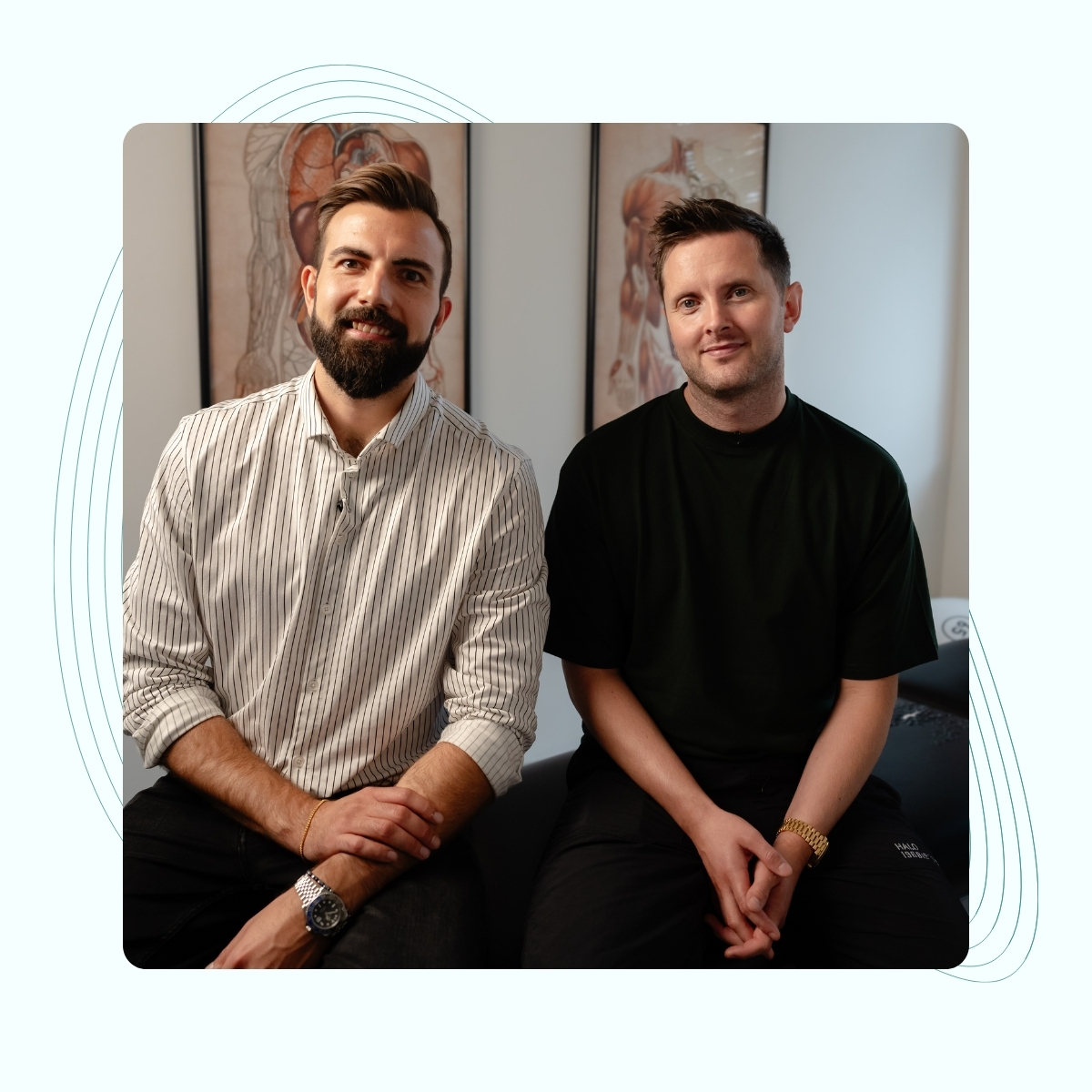We treat
Cramps
Learn more about cramps and their treatment
What are cramps?
Most people are familiar with experiencing a temporary cramp in one or more muscles. Cramps are involuntary muscle contractions that can occur suddenly and cause a variety of symptoms, including jerking movements, pain, and discomfort.
The background to cramps is complex and can be linked to a number of different causes, both physical and neurological.
Jump to section [Show]
Causes of muscle cramps
There is a potential relationship between muscle cramps and mineral deficiencies and lack of fluid intake.
One of the most common causes of cramps is sports and physical activity – here dehydration and electrolyte imbalance can be a cause.
During intense training sessions or competitions, the body can lose large amounts of fluid and electrolytes through sweat. This can result in an imbalance of the body’s minerals, especially sodium, potassium and magnesium, which increases the risk of muscle cramps. (Source: Sundhed.dk).
Deficiencies and imbalances of some of the mentioned minerals due to dietary composition can also be a direct cause of the development of repeated problems with cramps.
Furthermore, cramps can also be associated with overexertion and muscle fatigue. When muscles become overloaded and do not receive sufficient rest or recovery, for example due to suboptimal blood flow.

Chronic Muscle Cramps: Causes and Treatment
In some cases, repeated or persistent cramps can be a sign of underlying health problems, such as electrolyte imbalances or neurological disorders.
Poor blood supply and drainage can also be triggers for cramps. Treatment for cramps depends on the underlying cause and may include manual osteopathic treatment.
Difference between muscle cramps and muscle strains
A muscle strain is a more or less extensive structural injury to the connective tissue and/or muscle fiber(s) of a muscle, usually in connection with a forceful effort, such as running, jumping, or the like.
Whereas muscle cramps are an involuntary tension/contraction of a muscle and thus not a structural injury.

Sports and activities with a high risk of cramps
Any sport that involves repeated, rapid and/or forceful contractions of muscles over time can cause cramps. This is especially true of sports that require many repeated contractions, such as running, or sports that involve a lot of running.
It is a myth that only activity can cause cramps, as they can also occur at rest – for example when we are sleeping.
(Source: Netdoktor)
How to deal with muscle cramps
Preventing muscle cramps
Intake of electrolytes, carbohydrates and fluids during prolonged physical activity may help prevent/delay the onset of cramps.
First aid for acute muscle cramps
Passive positioning of the muscle in as relaxed a position as possible and intake of fluids and electrolytes.

Cramps and osteopathy
The goal of osteopathic treatment is always to eliminate the problems, in this example, the cramps, or at least to reduce their frequency and severity.
The osteopath can test, assess and treat muscular and/or nerve imbalances with manual techniques (i.e. with the hands) and help improve nerve connections or increase blood flow and thus the ability to deliver oxygenated blood to the affected muscles, and help get the venous blood back to the heart/pulmonary system again.
The osteopath can also be helpful with exercises and good advice on what you can do yourself to overcome the problem. Since the background of what provokes the cramps in the individual can vary greatly, the osteopath will always do a thorough examination and assessment of you and adapt the treatment so that it makes sense in your specific case.

Often related problems
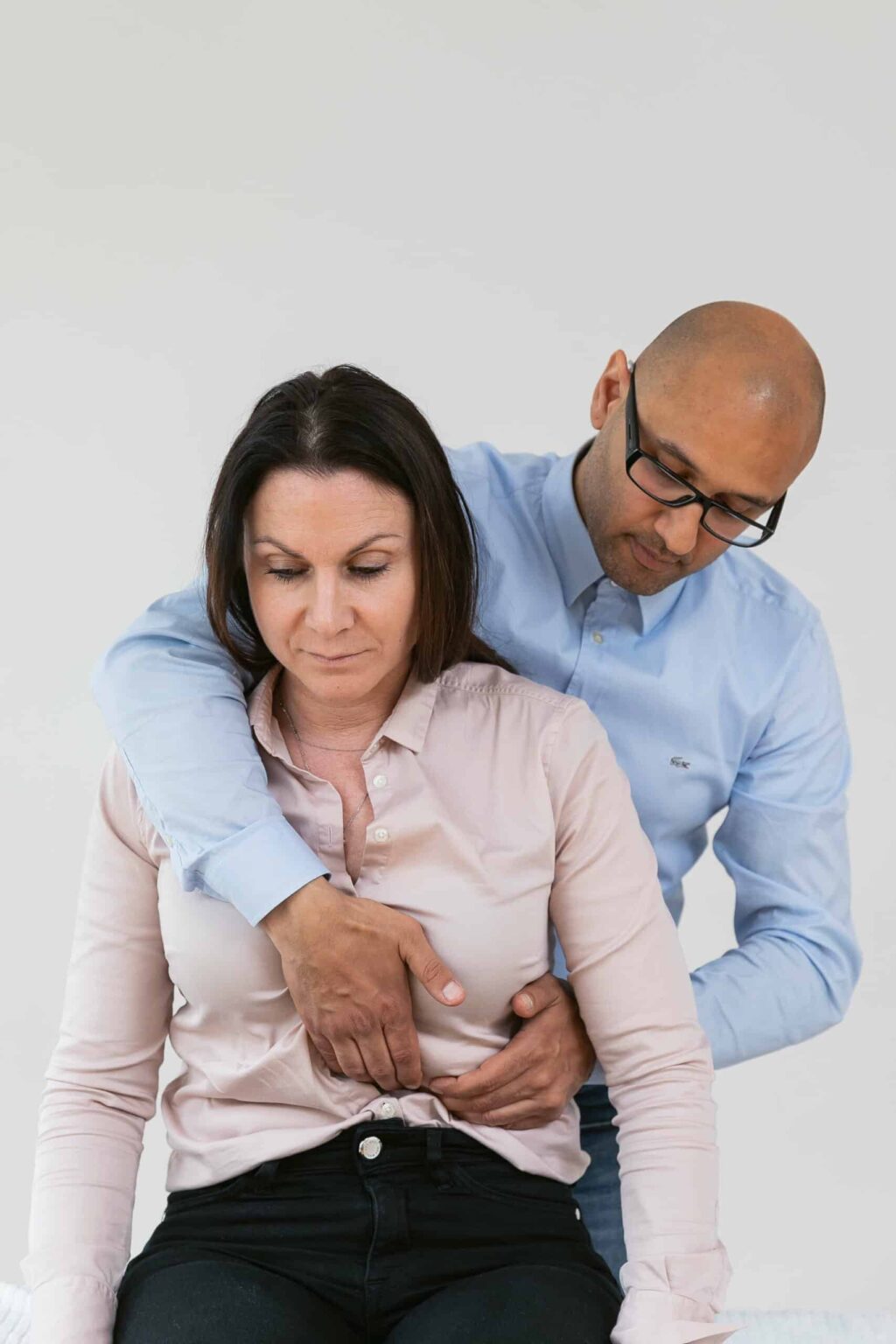
Side stitch
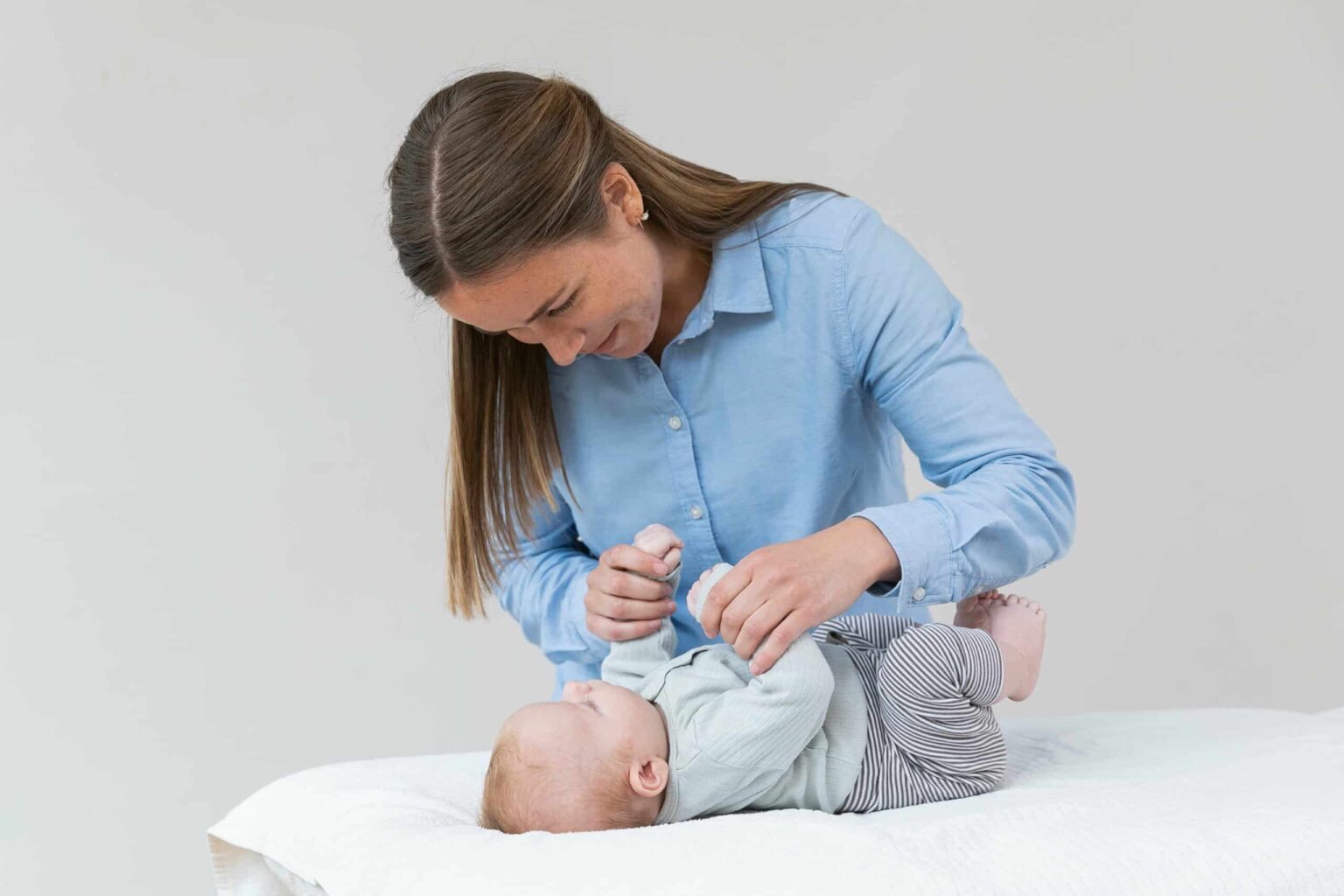
Hypermobility in babies and children

Muscle tension or imbalances in babies and children
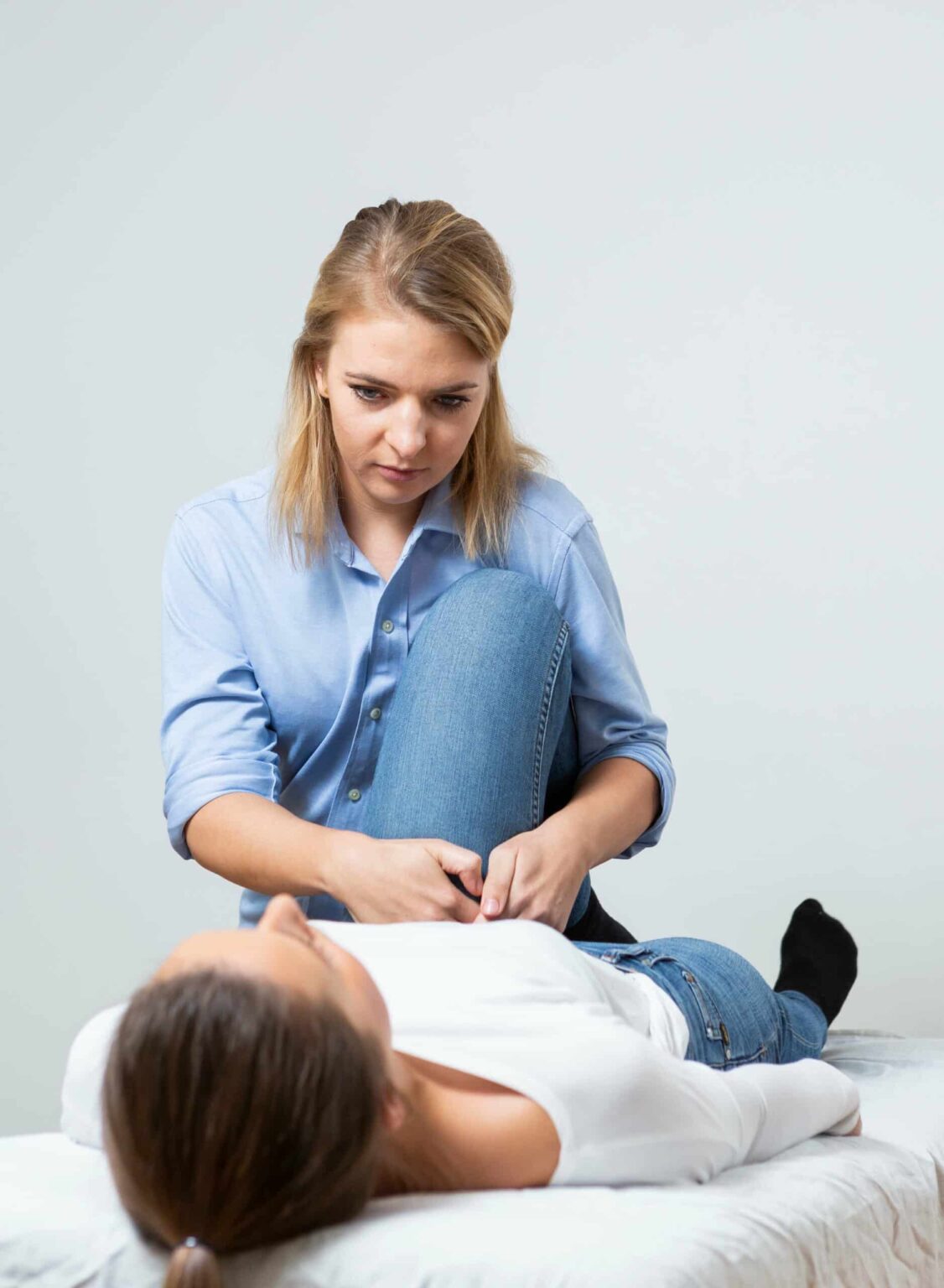
Cramps
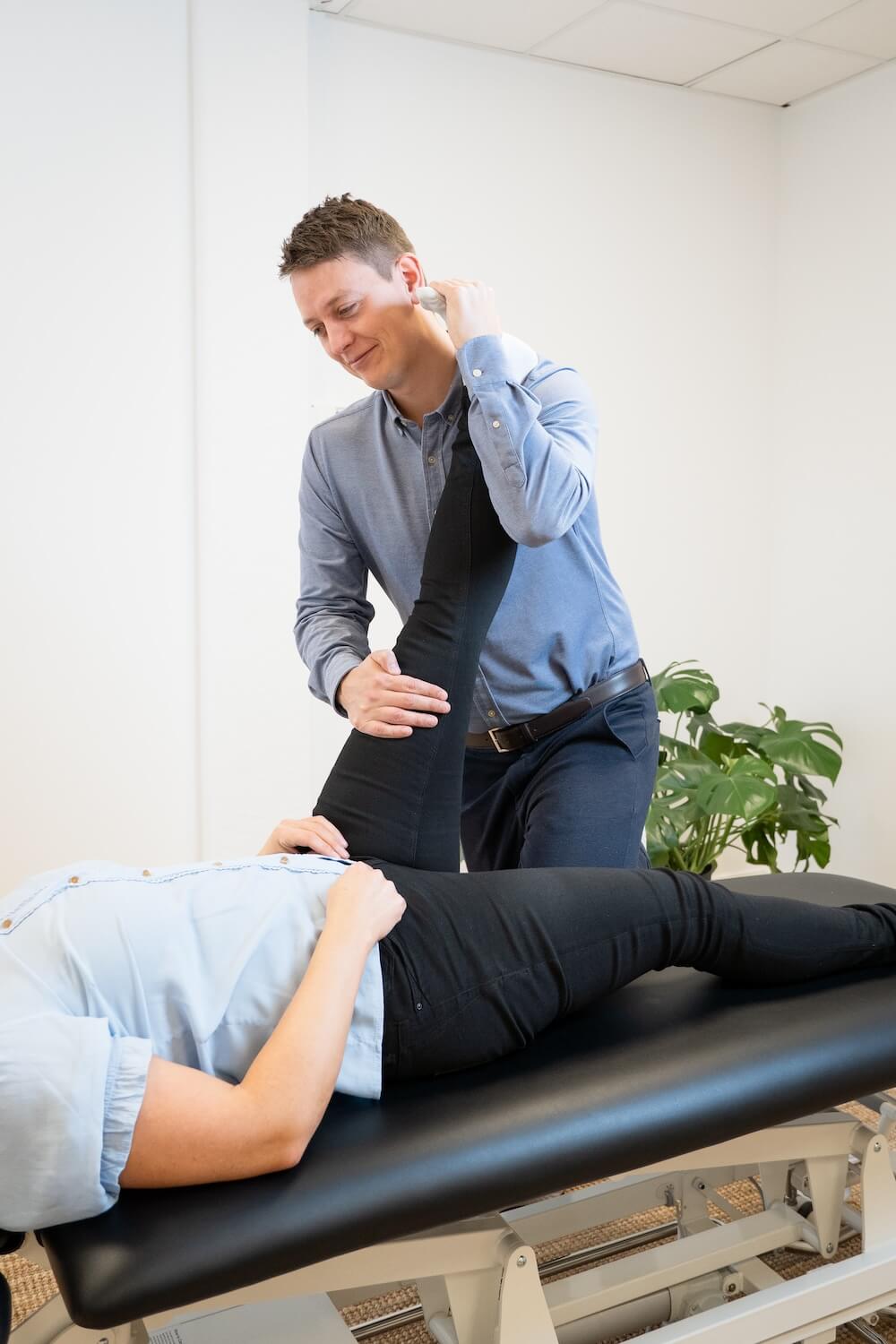
Strains
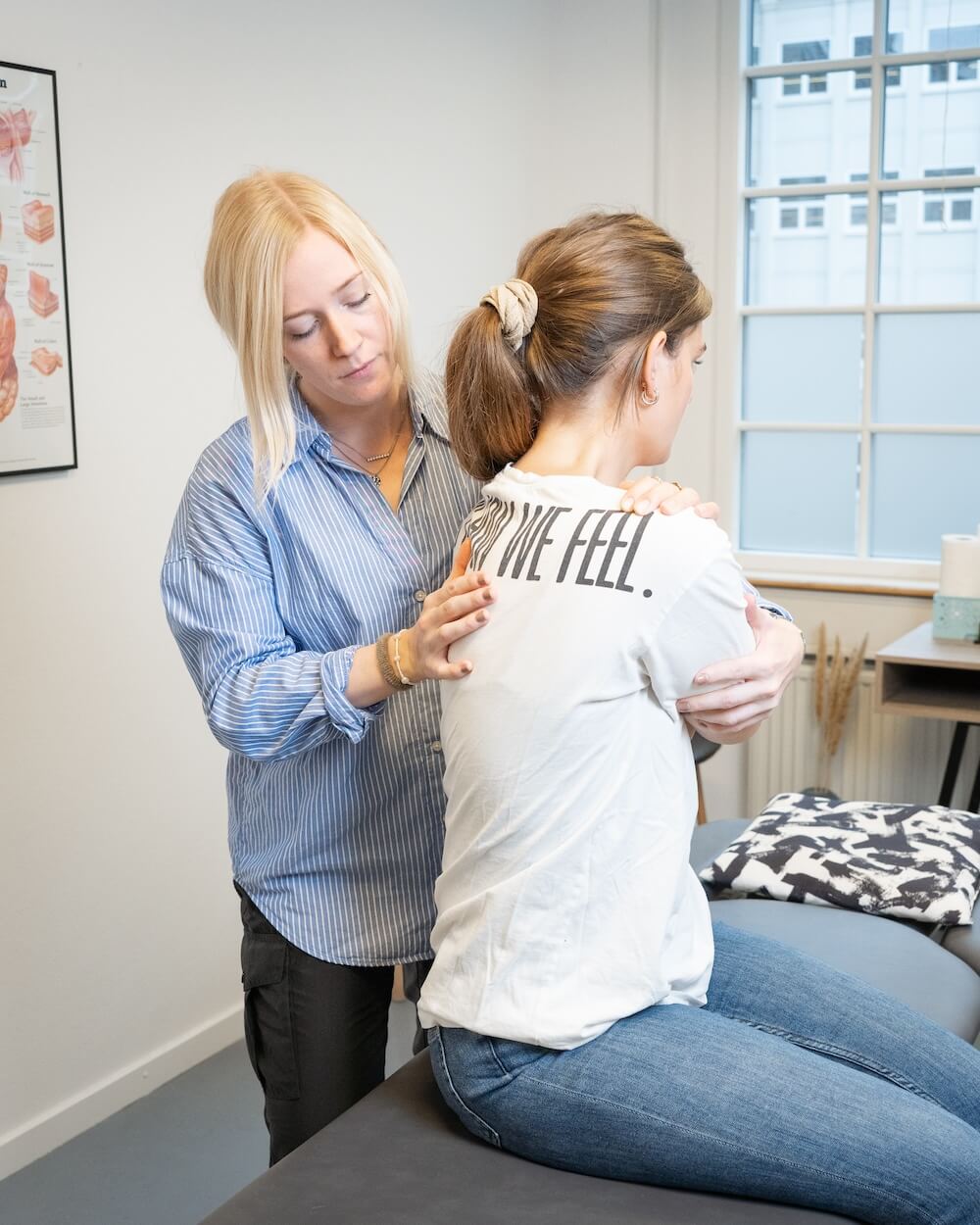
Fibromyalgia
